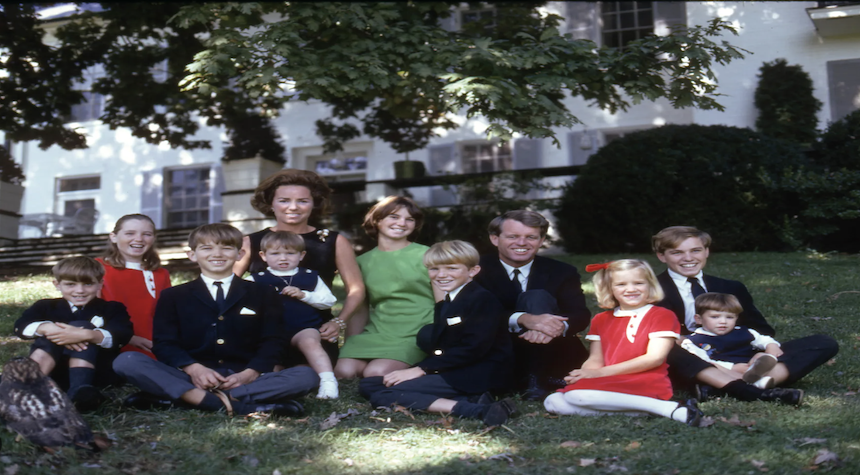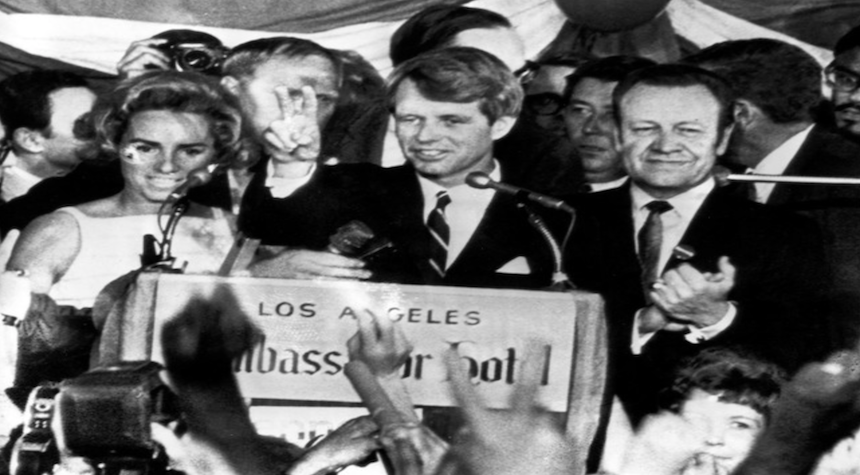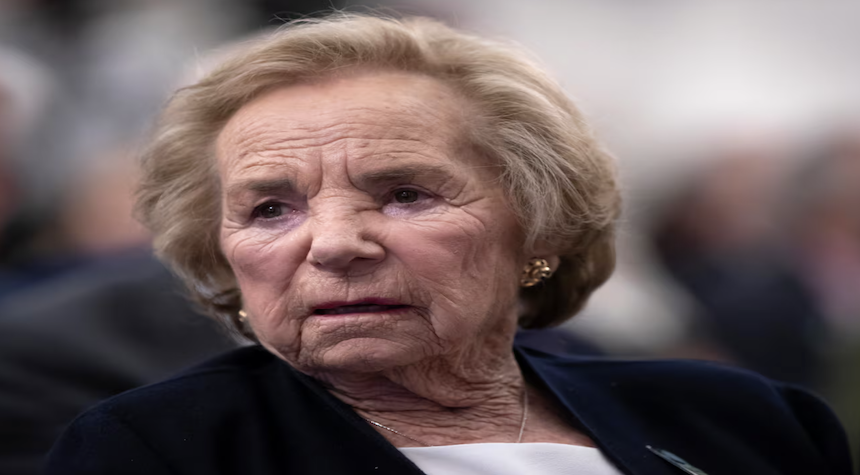In recent days, the Kennedy family has been in the spotlight — largely because Robert F. Kennedy Jr. decided to withdraw from the presidential race in favor of former President Donald Trump. This prompted Kennedy’s family members and siblings to denounce the move as “a betrayal” of values held by their father and family.
While visiting with Jen Psaki, former White House Press Secretary, and his sister Kerry Kennedy, he pushed the knife further on Sunday.
Kerry Kennedy was on Jen Psaki’s MSNBC show Sunday where she trashed RFK Jr. in a way that became even more grotesque. Kerry Kennedy disowned her brother during the segment. She claimed that he had engaged in an “inexplicable and flagrant effort” to desecrate, trample, and set fire to the memory of her father.
Bobby Kennedy’s sister has stated that by supporting Trump, Bobby Kennedy has betrayed his father, and trampled on, desecrated, and burned his memory. As several of us noted in response to Kennedy’s conniptions, that is a horrible thing to say.

RFK Jr., on the other hand, has responded to his siblings’ harsh criticisms with equanimity. When pressed, he stated:
“I understand how upset my family is by my choices. I love my family. I love my family.
RFK Jr.’s voice is notably raspy. He has stated that he is suffering from spasmodic dysphonia. This condition developed in his late 40s. Kerry Kennedy’s voice is also noticeable when she speaks, which makes one wonder if this condition runs in her family.
In my curiosity, I did some research and found that Rose Kennedy or Ethel Kennedy had a similar issue. This prompted me to look up Ethel and I found an interview with Tom Brokaw from 1988 on the 20th anniversary of RFK’s death. Ethel didn’t seem to have a vocal problem, but there was something I noticed in the discussion of RFK with her (then) ten surviving children.
Watch:
This clip is only four minutes long, so you should watch it in its entirety. Here’s the main segment (emphasis mine):
BROKAW: Despite your high public profile, and the fact that you are Ethel Kennedy – a folk hero of America in your own right – there’s a private side to you, isn’t it? This is not an easy thing for you to do.
KENNEDY: Uh, no. I’d prefer to have another child.
BROKAW: Would you rather have another child at this age?
KENNEDY: Yes, certainly.
BROKAW: Do you ever mention your father in conversation with the children?
KENNEDY: I’m sure he will come up in conversation but he would never do it. Bobby, I believe that this is why he was so influential in the lives of children — he didn’t try to impose his worldview. He led by example. He would go to the Mississippi Delta, see the hungry children, and bring this home, saying, “You’re right, there are many kids out there.” — but he never preached. He brought us along with his passion, his love of living, and his curiosity. He made everyone feel like they were part of the battle – that we would do better, that America could stand for something.

It’s an interesting observation by the person who knew him best. RFK did not try to impose his views on his children. He showed them what was important to him by setting an example.
We can’t speak for someone dead for 56 years. Even his children cannot speak for him — although it is worth noting that RFK Jr., was 14 years old when his father passed away and Kerry was just 9 at the time. Even his wife cannot say for sure what he would think of his son, his namesake, bucking his family’s party to champion free speech, end the war, and fight for children’s healthcare.
There is a case to be made, however, that he would prefer they love each other despite their differences. One can imagine that their mother, who is still alive at the age of 96 by the way, might have felt the same.


